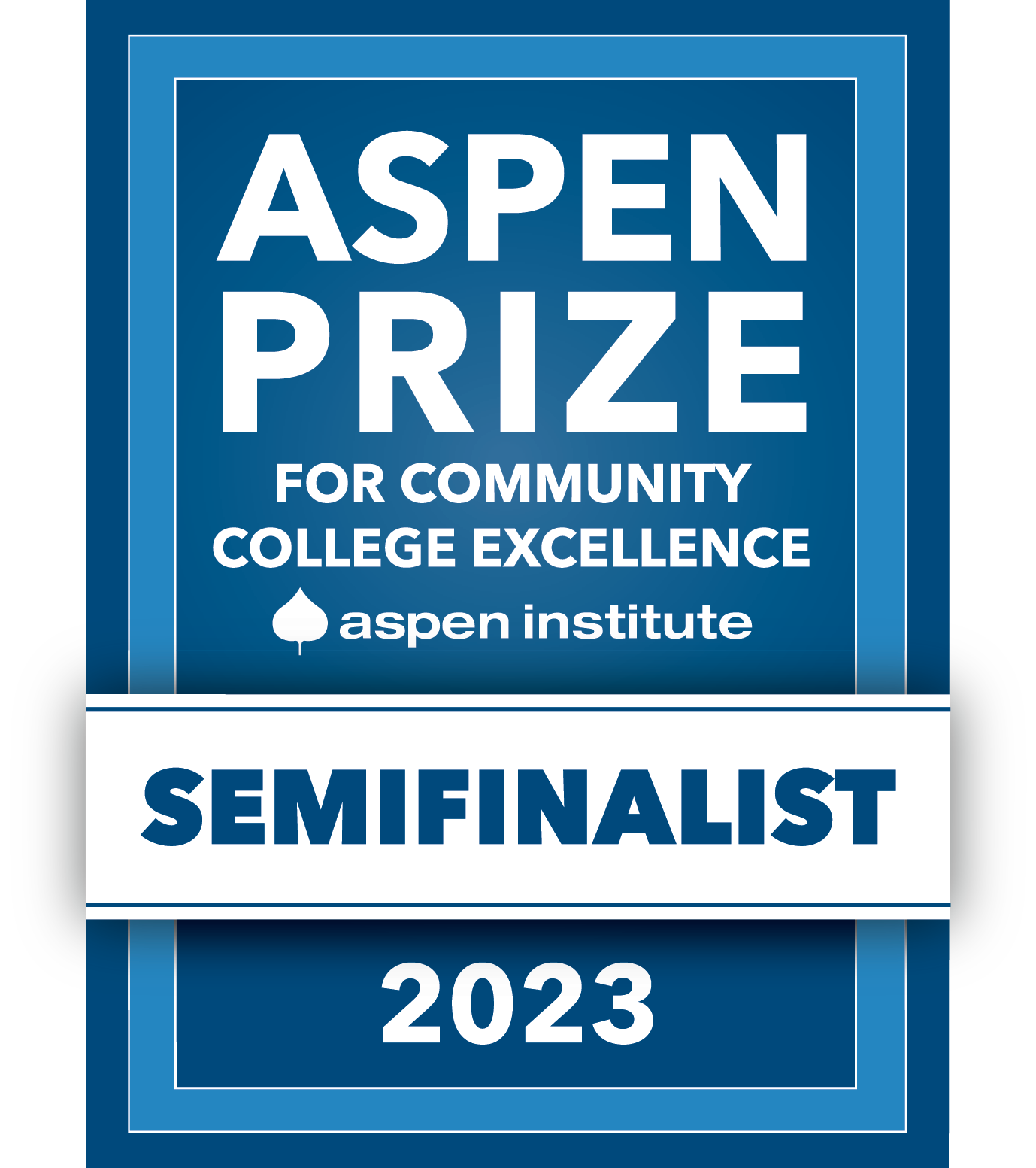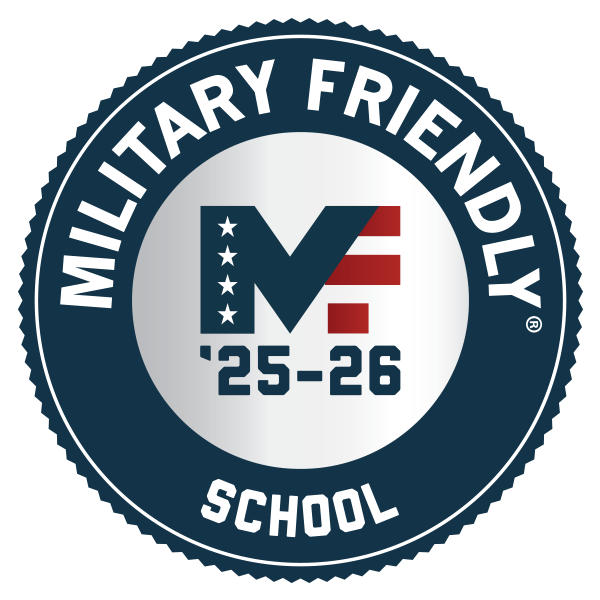- Welcome
- Campus Maps
- History
- Mission Statement
- Accreditation
- Administration
- Employment
- Human Resources Employment Process FAQ
- Position Vacancies
- Salary Schedule (PDF)
- Employee Benefits
- Paid Holidays
- Employee Handbook (PDF)
- Faculty Handbook (PDF)
- BENCOR Special Pay Plan (PDF)
- Social Security Collection and Usage
- Affordable Care Act Notice (PDF)
- Social Security Disclosure Summary (PDF)
- Tobacco-Free College
- Drug-Free Workplace & Campuses
- Technology Usage Acknowledgement (PDF)
- Employee Safety Manual (PDF)
- SFSC’s Annual Security and Fire Safety Report (PDF)
- Calendars
- News
- Social Media
- Honoring Our Retirees
- Celebrating Our Trustees
SFSC Associate Degree in Nursing (ADN) program recently was granted continuing accreditation from the Accreditation Commission for Education in Nursing, Inc. (ACEN). Continuing ACEN accreditation has been granted through spring 2026–for eight years, the maximum number of years allowed. The ADN program was initially granted accreditation in 2013. SFSC offers the only nationally accredited nursing program in its service district of Highlands, Hardee, and DeSoto counties.
Notification of SFSC’s ADN program continuing accreditation came to Mary von Merveldt, director of nursing education, in a letter from ACEN Chief Executive Officer Marsal P. Stoll, congratulating SFSC on its achievement. The continuing accreditation comes as the result of an intense, three-day visit to SFSC in January by three ACEN program evaluators.
In nursing education, ACEN is one of three accrediting bodies in the country that are recognized by the U.S. Department of Education. The others are the Commission on Collegiate Nursing Education (CCNE) and the Commission for Nursing Education Accreditation (CNEA).
ACEN accreditation is a mark of distinction, certifying that a nursing program adheres to the highest national standards of education. To become accredited, nursing programs must demonstrate that the program meets ACEN’s exacting standards of quality through an extensive review. As a result, students who graduate from ACEN-accredited institutions are more readily accepted into other advanced degree nursing programs and have broader employment opportunities—nationally and internationally. “Some employers, such as the Veterans Administration, only hire nurses who come from accredited programs,” said Dr. Michele Heston, dean of health sciences at SFSC.
“This accreditation assures everyone that we offer a quality nursing program,” von Merveldt said. “It helps to ensure that SFSC Nursing meets the same quality standards as other accredited nursing programs—in regards to curriculum, faculty, and access to student resources.”
Another benefit to accreditation is that SFSC has greater opportunities to apply for grants that might be used to fund resources such as equipment for its teaching labs. “When completing an application, the granting institution wants to know if your nursing program is nationally accredited,” Dr. Heston said. “If not, you won’t be considered for the grant.”
In its final report on SFSC’s ADN program, the ACEN evaluators praised the program’s strength in these areas:
- The “caring influence reaches far beyond the classroom and is felt by this College and the community.”
- “It is refreshing to know that there is a two-year RN program in your community that is not only doing excellent work, but is doing stellar work.”
- “Your graduates articulate the Seven C’s of Caring: Competence, Compassion, Confidence, Culture, Conscience, Commitment, and Communication, upon which your curriculum is based.”
The evaluators also commended SFSC for its innovative D.U.C.K. program, its signature faculty/student mentoring program that embraces the motto: Developing Understanding, Compassion, and Knowledge.
Of particular note is that the average National Council Licensure Examination (NCLEX-RN) pass rate of SFSC’s ADN students last year was 100 percent, a rate exceeding the national average of 84.4 percent. The job placement rate for the nursing students was 100 percent over that same period.
“Many individuals contributed to this accreditation process,” von Merveldt said. “It’s been a College-wide and community-wide effort—we had the support of the nursing department, faculty, administration, and other departments within the College as well as our advisory committee. Our community partners provided feedback in support our work that was so valued by the department and recognized by program evaluators.”
SFSC’s licensed practical nursing to associate degree in nursing transition program was launched in 1984. In response to community need, the College established a traditional associate degree in nursing program in 1993.
SFSC currently offers an online Bachelor of Science in Nursing program, a two-year generic associate in nursing degree program, a one-year transition licensed practical nurse to registered nurse program, and an 11-month practical nursing occupational certificate. For more information about these programs, call 863-784-7131 or visit southflorida.edu.
These nursing programs are among several Health Sciences programs offered by SFSC and include dental hygiene, dental assisting, radiography, paramedic, and emergency medical technician.
ACEN is responsible for the specialized accreditation of nursing education programs, both postsecondary and higher degree, which offers a certificate, a diploma, or a recognized professional degree (clinical doctorate, master’s/post-master’s certificate, baccalaureate, associate, diploma, and practical). For more about ACEN, visit acenursing.org.




